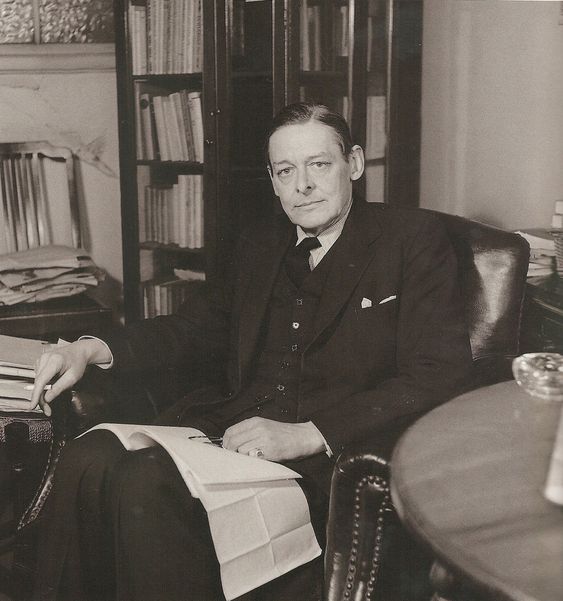We are Hollow Men - or are we?

Eliot says irreligiosity kills morality. He also says immorality kills metanarratives. But is he right?
It really is only appropriate to start my first post on the GOAT 🐐, the man 👑, the it-girl 💃, the crème de la crème 🍦 of modernist literature. This post is Part 1 of how The Hollow Men by T.S. Eliot resonates across place and time.
Written at the fin de siècle, T.S. Eliot's The Hollow Men depicts a a group of men who, while yearn for some sort of spiritual substance, due to the modern condition, remains perpetually hollow. Specifically, Eliot condemns how debasement of religion can lead to moral fragility, and how this moral fragility can lead to a lack of a metanarrative. Ultimately, Eliot suggests that this lack of a metanarrative may be perpetual. By reflecting on Eliot's crafting of form and language throughout the poem, we are able to understand his criticisms, and observe if these modernist issues have continued to prevail.
Debasement of religion
Eliot's suggests that a loss of faith results in the collapse of morality - but he may be wrong, let's discuss why:
The poem opens with an epigraph to Heart of Darkness, a modernist novel by Joseph Conrad. Specitically, it is an allusion to the life and death of Kurtz. The epigrah, "Mistah Kurtz - he dead", communicates one of Eliot's greatent fears for his society. He fears that, like Kurtz and due to the modern condition that encourages greed, we may enter a crazed pursuit for prosperity and lose our religious values (specifically Judeo-Christian values of humility, charity, etc.), eventually reaching a point where our morals are reduced to nothing. Through this form of a short yet impactful epigraph, Eliot criticises the way irreligiosity can create further immorality.
Eliot continues to suggest that a debasement of religion causes immorality by juxtaposing the experience of helievers and non-believers in modern society. The believers have access to faith and hope, signified through the bright visual imagery of "sunlight no a broken column" and the melodic aural imagery of "trees sswinging, and voices are in the wind singing". Contrastingly, for the non-believers, this hope which the believers have access to due to their strong faith is but "more distant and more solemn than a fading star", a gloomy image. It is almost as though, by forcing people to lose touch with their religious values, the modern condition has exacerbated moral hollowness.
It is also important to note that the "fading star" is a biblical allusion to the unfading star in Bethlehem, which guides the Three Wise Men to worship the Christ Child. Thus, the fading star symbolises the waning ability of modern people to believe, and subsequently to regain some humanity.
However, I would argue that we are able to create our own meaning and find our own source of morality, without religion. In our post-existentialist society, we have seen many of Eliot's existentialist ideas come to fruition. Yet we have also seen other communities replace the role of religion. (E.g. Sport plays a massive part in Australian culture, humour is key to m(any) culture). Eliot argues that without religion, morality may not be possible for modern society. However, Eliot may be wrong - for some, morality may be learnt through religion. But for many others, this is not the case.
Wanna hear more about 'The Hollow Men'? Subscribe to get updates! It's free, and I would love to hear your thoughts as well. 🤗 🤗
